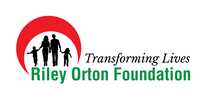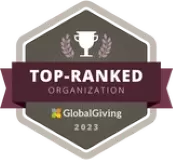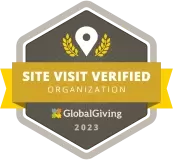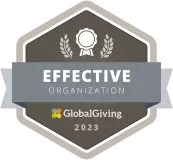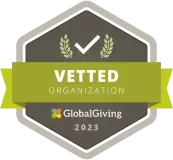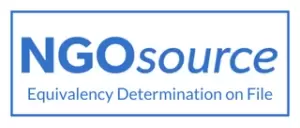About Us
Riley Orton Foundation (ROF) envisions girls and a community with the agency to realize their full potential.
ROF provides holistic education and promotes gender equality in STEM education to ensure girls and a community with the agency to realize their full potential.
We have a mission to alleviate poverty among marginalized girls and communities in Kenya through an integrated and coordinated approach that addresses holistic education, health, economic empowerment and life skills education to provide beneficiaries the agency to make sustainable changes for self- sufficiency. We then hope to inspire rural girls to take up STEM careers in order to reduce the gender and skills gap in STEM, increase employment of women and spur economic growth.
Through our AKILI STEMarts Academy we promote gender equality in education by supporting both boys and girls to improve and grow interest in science, technology, engineering and mathematics by engaging them in practical STEM fields which historically have been male dominated.
ROF provides holistic education and promotes gender equality in STEM education to ensure girls and a community with the agency to realize their full potential.
We have a mission to alleviate poverty among marginalized girls and communities in Kenya through an integrated and coordinated approach that addresses holistic education, health, economic empowerment and life skills education to provide beneficiaries the agency to make sustainable changes for self- sufficiency. We then hope to inspire rural girls to take up STEM careers in order to reduce the gender and skills gap in STEM, increase employment of women and spur economic growth.
Through our AKILI STEMarts Academy we promote gender equality in education by supporting both boys and girls to improve and grow interest in science, technology, engineering and mathematics by engaging them in practical STEM fields which historically have been male dominated.
Where we work
ROF works with schools, community based orgs, libraries and resource centers in Kisumu, Siaya, and Kakamega counties in western Kenya.
Our Founders Story
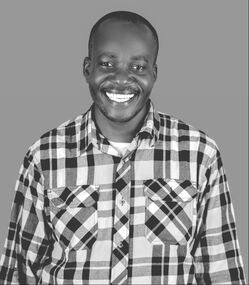 David Omondi
David Omondi
Having been raised in an urban slum and seeing women and girls struggle to survive and break free from poverty and gender based violence, David has always been determined to give the marginalized rural girls and women a platform to achieve their full potential.
He founded the Riley Orton Foundation (ROF) which aims to generate positive, sustainable change in rural Kenya by providing a quality education to young girls and economically empowering marginalized women and youth through entrepreneurship training to eradicate poverty and improve livelihoods.
Since its founding in 2010 and registration as a Kenyan Charity Organization in 2013, ROF has been partnering with local women, self-help groups, schools, govt entities and other key stakeholders to eliminate barriers that hold girls back from achieving their full potential by offering counseling, Sexual & Reproductive Health Education, providing free school uniforms, free sanitary pads and pants, bicycles for at risk girls to cycle to school in a bid to end transactional sex for lifts to school etc. ROF also works with boys and men in supporting girls empowerment by engaging them as girls allies through sports for development in the community.
David says that he is driven by an innate desire to create sustainable change from the inside with the local community as the development experts. He has been privileged to volunteer as a grant advisor and the East Africa Program Administrator with the Pollination Project Org, USA and serves in the Board of Amplify Girls Org, USA
He founded the Riley Orton Foundation (ROF) which aims to generate positive, sustainable change in rural Kenya by providing a quality education to young girls and economically empowering marginalized women and youth through entrepreneurship training to eradicate poverty and improve livelihoods.
Since its founding in 2010 and registration as a Kenyan Charity Organization in 2013, ROF has been partnering with local women, self-help groups, schools, govt entities and other key stakeholders to eliminate barriers that hold girls back from achieving their full potential by offering counseling, Sexual & Reproductive Health Education, providing free school uniforms, free sanitary pads and pants, bicycles for at risk girls to cycle to school in a bid to end transactional sex for lifts to school etc. ROF also works with boys and men in supporting girls empowerment by engaging them as girls allies through sports for development in the community.
David says that he is driven by an innate desire to create sustainable change from the inside with the local community as the development experts. He has been privileged to volunteer as a grant advisor and the East Africa Program Administrator with the Pollination Project Org, USA and serves in the Board of Amplify Girls Org, USA
